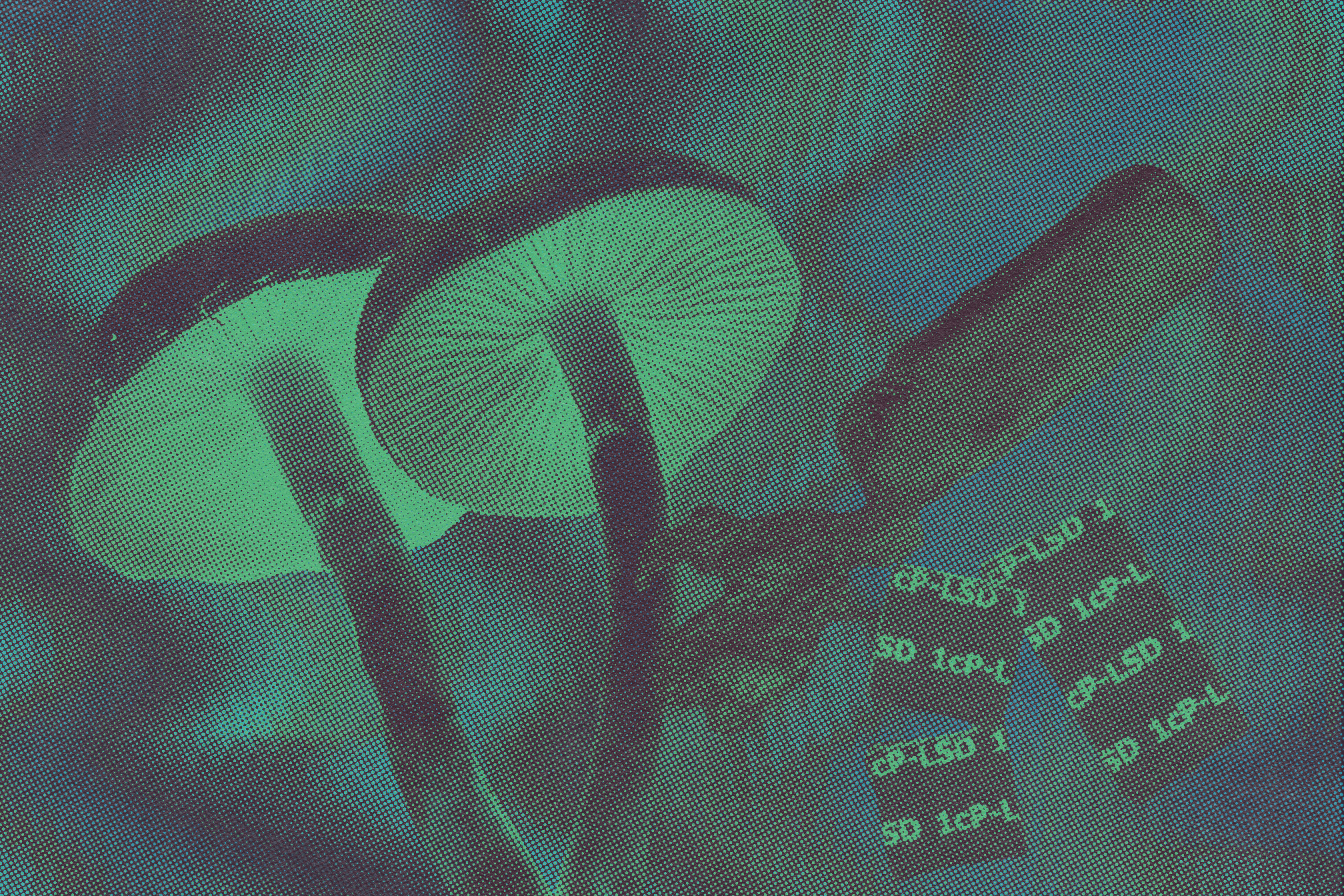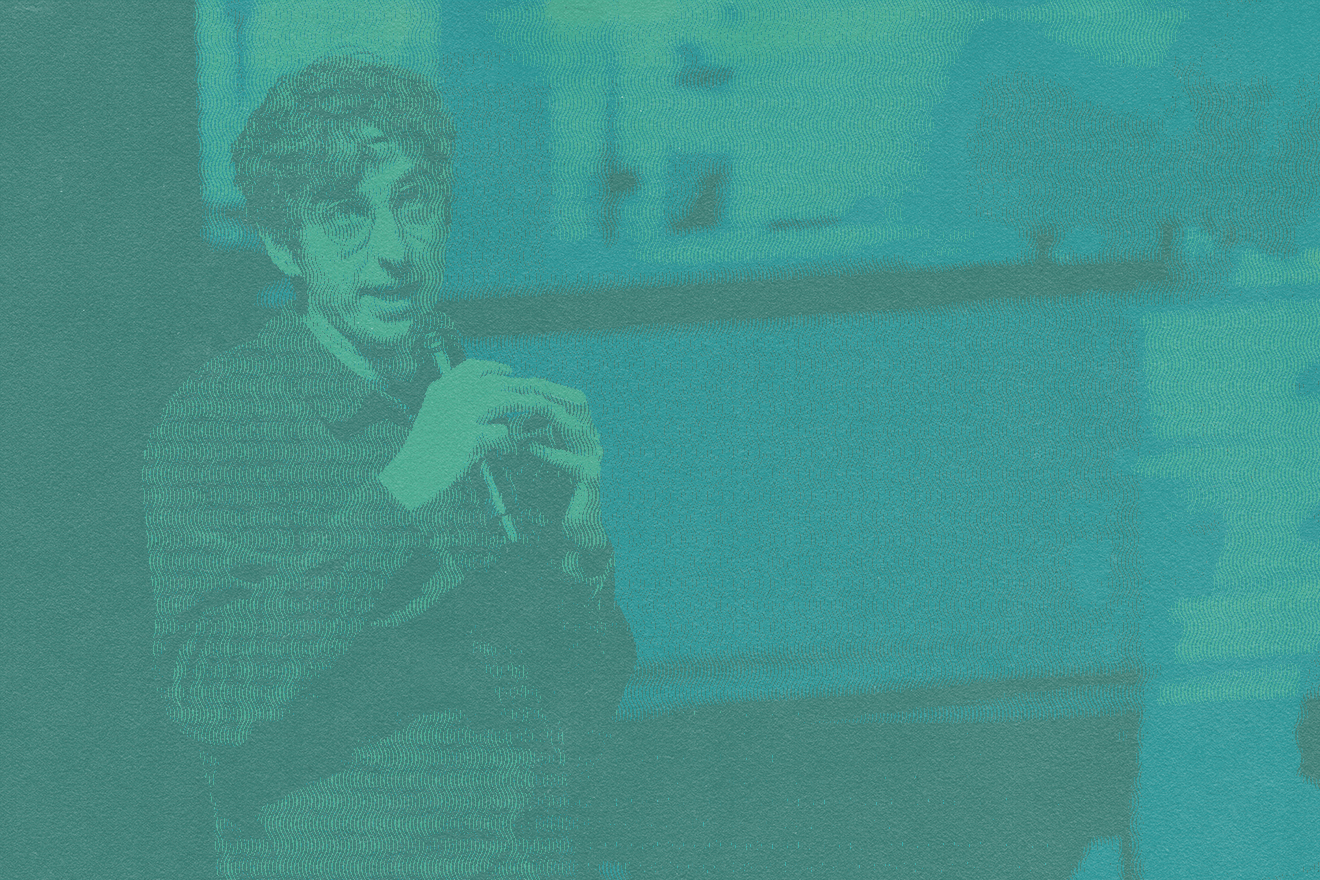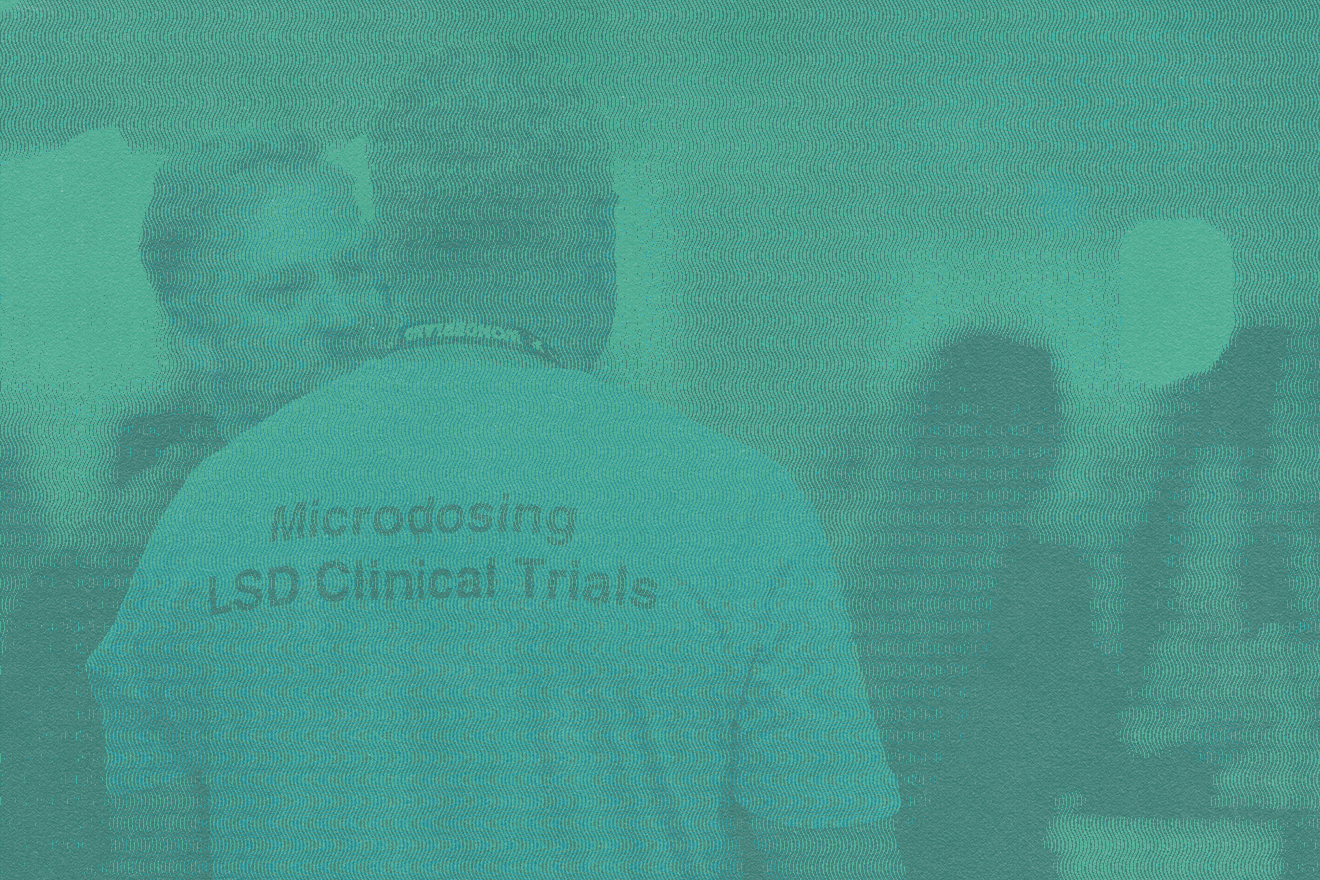 Features
Features
Are we close to the legalisation of therapeutic psychedelics?
Gemma Ross heads to Miami for Wonderland, one of the world's largest psychedelic conventions, to investigate
In recent years, drug science has made leaps and bounds. A number of recent studies have shown that psilocybin - the prodrug compound found in magic mushrooms - could be used to treat depression and anxiety at a rate as effective as antidepressants, while LSD could help overcome alcohol dependency along with other beneficial properties to mental health. Many countries are now making strides to legalise or decriminalise the use of recreational and medicinal cannabis – but with all of the positive signs pointing toward the therapeutic benefit of psychedelic drugs, just how far away are we from their legalisation? We headed to Wonderland, Miami’s annual psychedelic drug convention, to find out.
With a mission to "shift the world’s perception of psychedelic medicine," Wonderland is one of the world’s largest psychedelic conferences and the first of its kind to host talks, arts fairs, parties, and workshops under the same roof. Across three days in November, thousands of experts, thought leaders, and researchers delivered speeches and panels at the Mana Wynwood Convention Centre in an attempt to prove, for the second year running, the limitless benefits of psychedelics as medicine in challenging pain relief, addiction, and mental health issues.

This year, Wonderland fell on a historic week for US drugs laws - as of November 2022, Colorado became the second state to make the use of psilocybin legal following suit from Oregon in 2020. While Proposition 122 doesn’t allow for the sale of the hallucinogen, both states have now decriminalised its use therapeutically, and could see a change in its stature country-wide over the coming years. Connecticut, Maryland, and Texas are each making movements toward the same point having convened working groups in each state to study psilocybin’s medicinal benefits in recent years. In 2021 1,000 new psychedelic clinics opened their doors across the US alone.
Read this next: From Medellín to Manchester: inside the rise of tusi, Colombia's 'Pink Cocaine'
In the study of drugs such as ketamine, researchers are also gaining ground. “There’s a huge unmet need for the use of ketamine medicinally,” says Chief Medical Officer at Seelos Therapeutics, Tim Whitaker, at Wonderland’s 2022 edition. Seelos is currently studying the response to ketamine treatment in adults with major depressive disorder - of which 100% of patients showed responsive signs in their recent trials. “We are full steam ahead with a double-blind study,” Whitaker explains. “If we’re successful, we can provide hope for these patients.”
Of those studied, Seelos also found that many severely depressed patients are not responsive to medically approved antidepressants, some of which prove to make patients “more suicidal”. Seelos is now focusing on getting ketamine FDA-approved to help patients with major depressive disorder across the US, with hopes for its fast-tracking from the government.

In other circumstances, psychedelic assisted talk-therapy is becoming largely recognised as a means to help patients with anxiety, depression, PTSD, and a fear of death attributed to a long term or life-threatening illness, and is also currently being trialled on war veterans, those with chronic pain, and patients with a history of substance and alcohol abuse - but importantly, for these drugs that have been subject to misinformation over the years, it’s becoming more important than ever to seek their approval medicinally worldwide.
Read this next: We went undercover in a Chinese MDMA factory
“A sub-psychedelic dose of DMT is helping the brain heal,” explains Christopher Moreau, CEO of Algernon Pharmaceuticals. “The impact it can have on mental health is revolutionary”. For those studying LSD, such as MindBio’s co-founder and Executive Director Justin Hanka, recent trials could shake up the world of drug science. “We’ve run a phase one clinical trial of microdosing LSD,” Hanka tells Mixmag. “We set out to prove its benefits under strict, randomised, double-blind protocols. It’s never been done at this level before, it’s very expensive and hard to do.”
“We believe that microdosing works for depression, for instance, as opposed to a macrodose which is a really profound experience”. If issued to patients medicinally, Hanka explains that the drug would come in a form that is “shelf-stable”, easy to take, and easy to dose up and down depending on the person. “We’re the only organisation in the world to have had approvals from the government to give people for a whole two weeks, and for them to take those doses home,” he explains. “It’s really important that we’re able to do that.”

Across the 80 patients tested, MindBio found positive results in response to each of those dosed with sub-psychedelic levels of LSD, and aim to continue this work alongside the government in their phase two trials. So, just how far away are we from the legalisation of therapeutic psychedelics? “It’s all about data,” Hanka tells us. “You have to get phase three trials done to take it anywhere. But let’s just say we’re on the right track.”
Read this next: The 20 best songs about LSD
Although there’s a very convincing case for psychedelic drug’s therapeutic properties, some researchers argue that we might just be rushing into legalisation - particularly in the UK where scientists have shown concerns about the clinical success of psychedelia. Strict licensing laws and a lack of funding could be the barrier for Britain, despite the waves made in recent years for the therapeutic benefits of hallucinogens. As the war on drugs wades on, despite decades of research and beneficial studies, it continues to come down to existing draconian laws. “There isn’t going to be a legalisation that wipes out the war on drugs,” explains US journalist and scientific researcher Hamilton Morris at Wonderland. “We need to do it brick by brick.”
For the Western world, the legalisation of psychedelic drugs in a therapeutic setting might be closer than we think. Last May, a new clinical centre for psychedelic therapy and music announced its launch in London, making it the first commercial environment for psychedelic studies to open in Europe. In Australia, a first-of-its kind research centre for psychedelic drug therapy opened up in Melbourne just a year earlier, marking another world first. As we edge closer to the regulated spread of medicinal psychedelia, particularly in the US where the seed has already been planted and legalisation sweeps across the states, the future for therapeutic psychedelics looks like a positive one.
Gemma Ross is Mixmag's Editorial Assistant, follow her on Twitter


